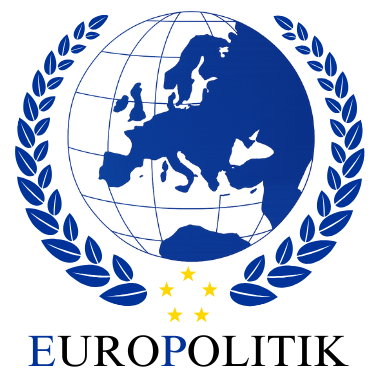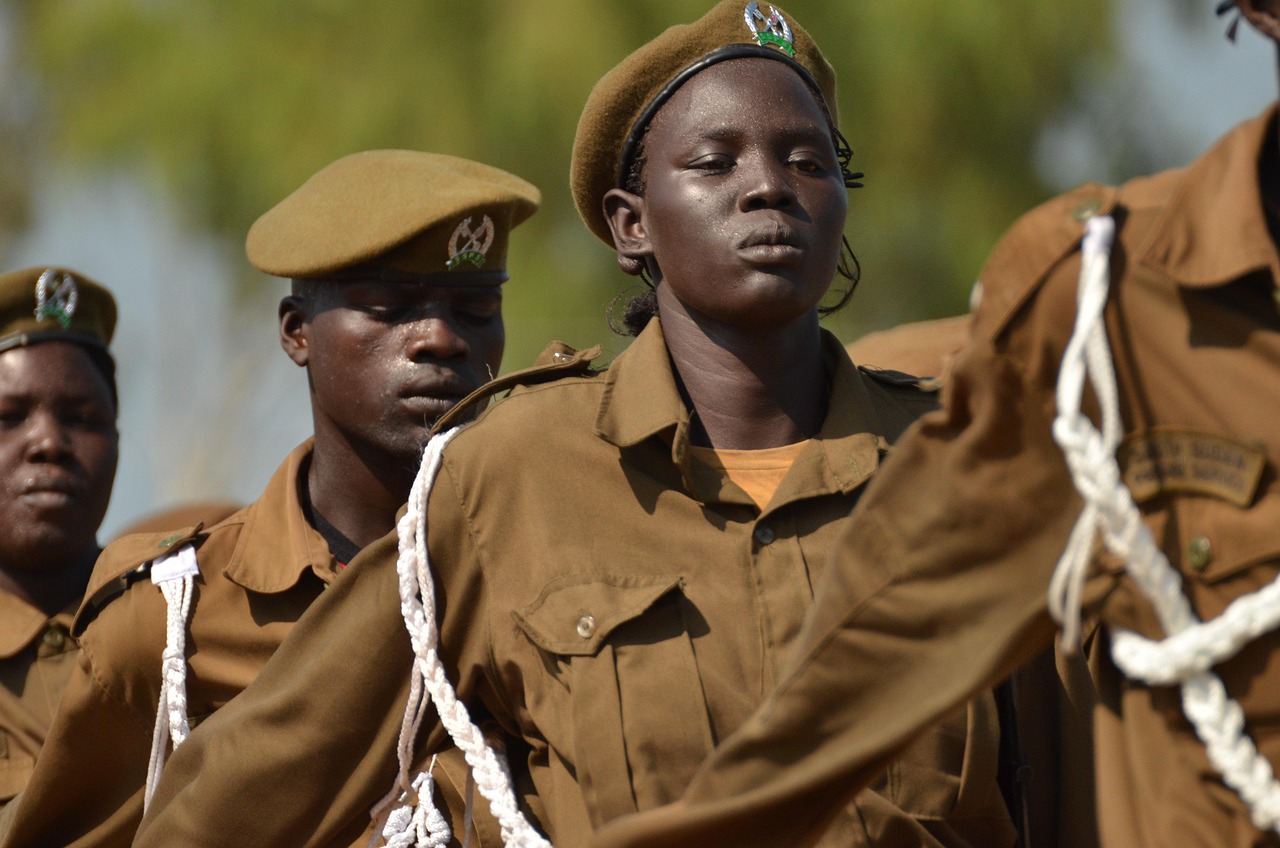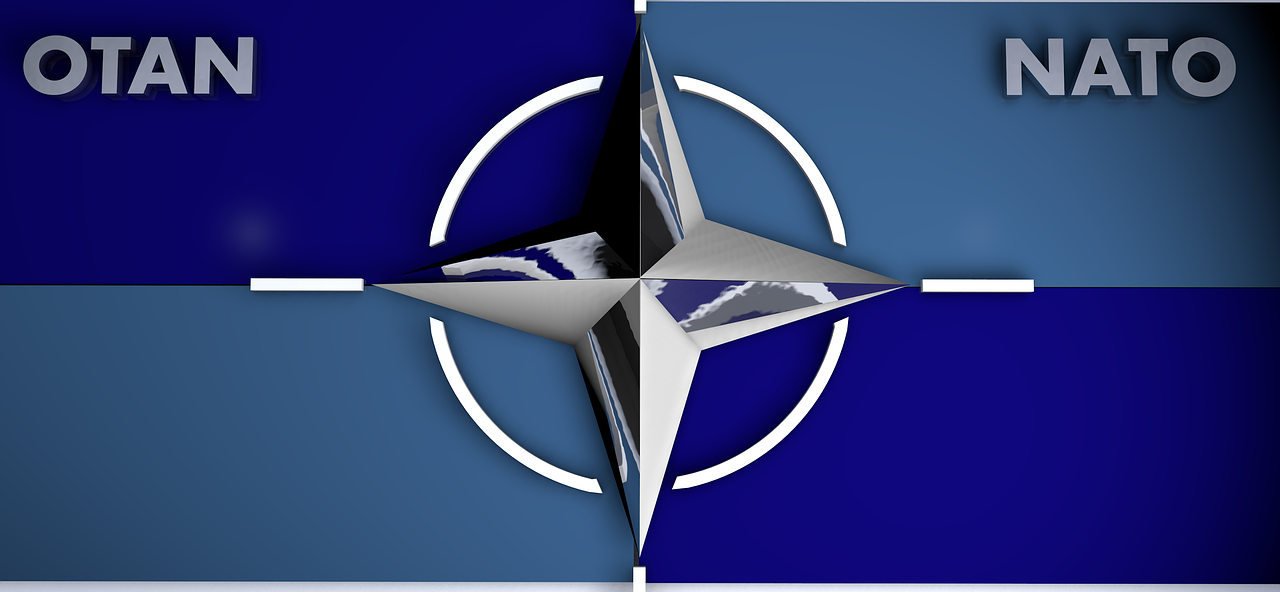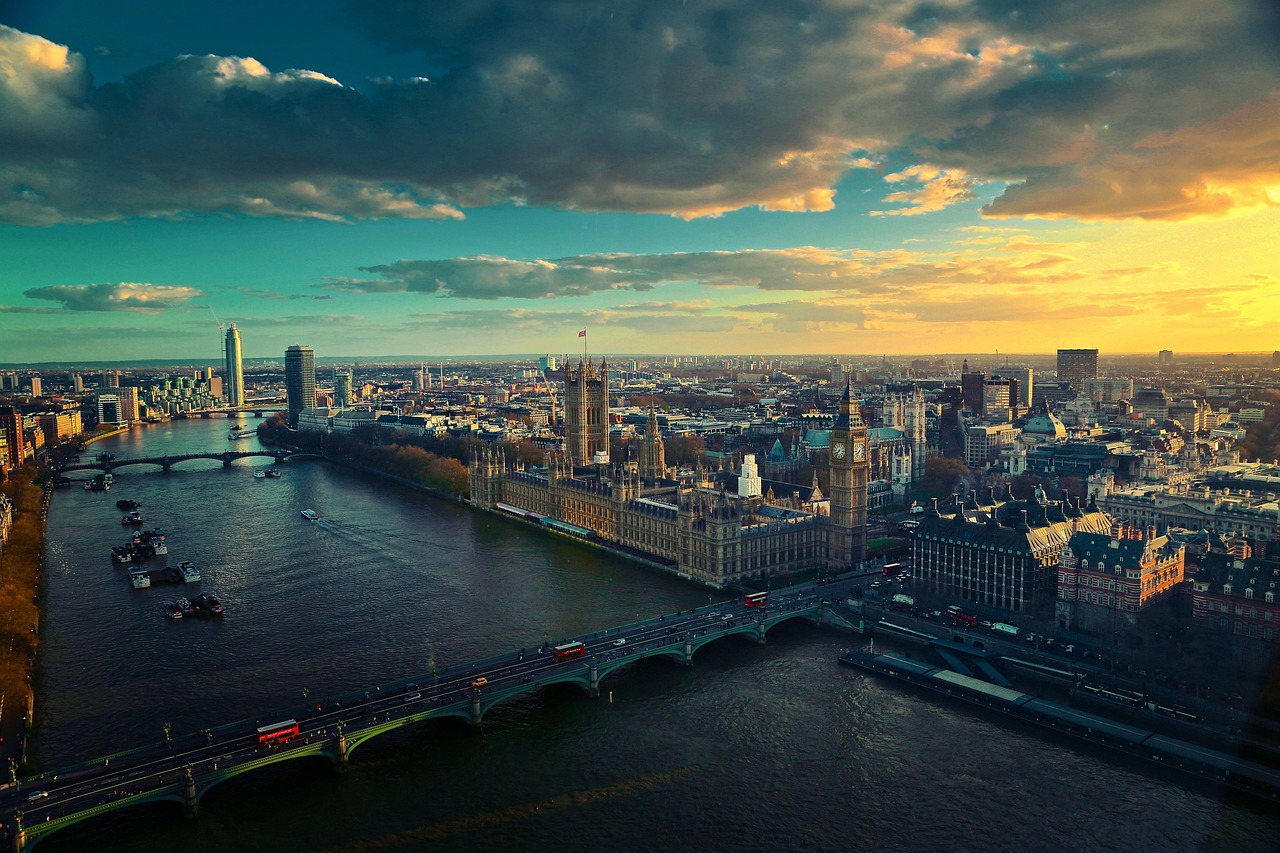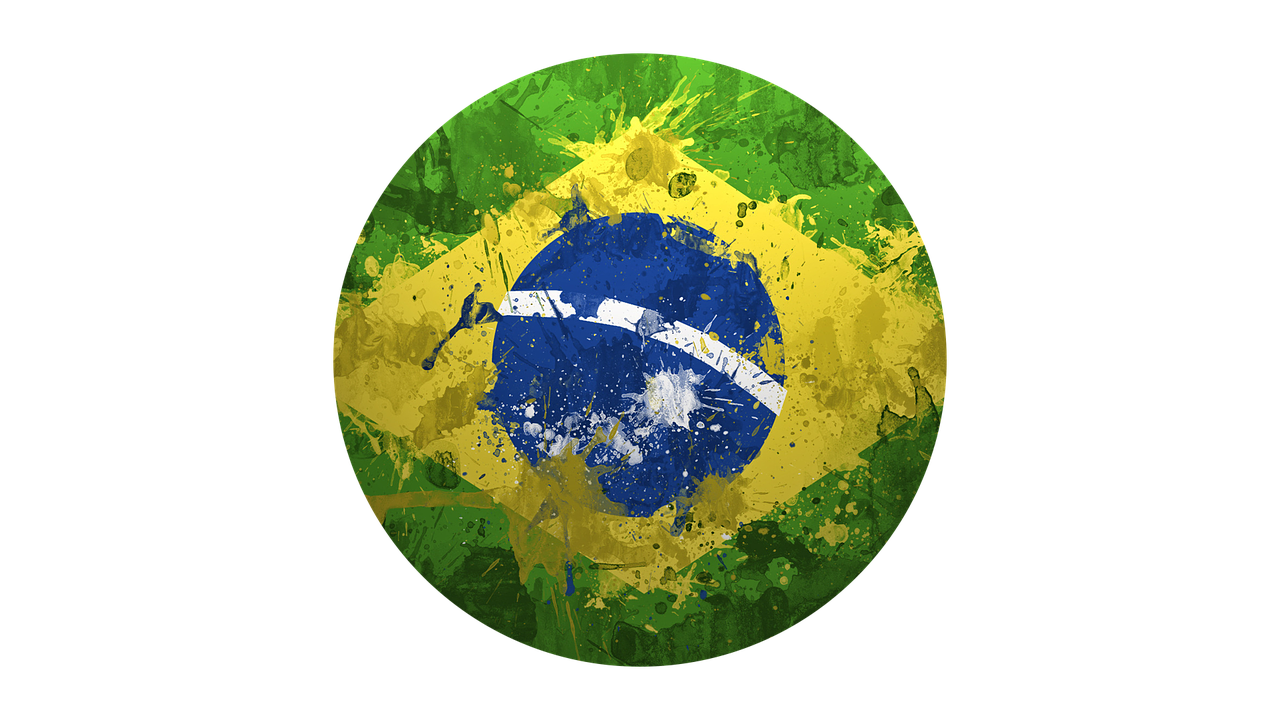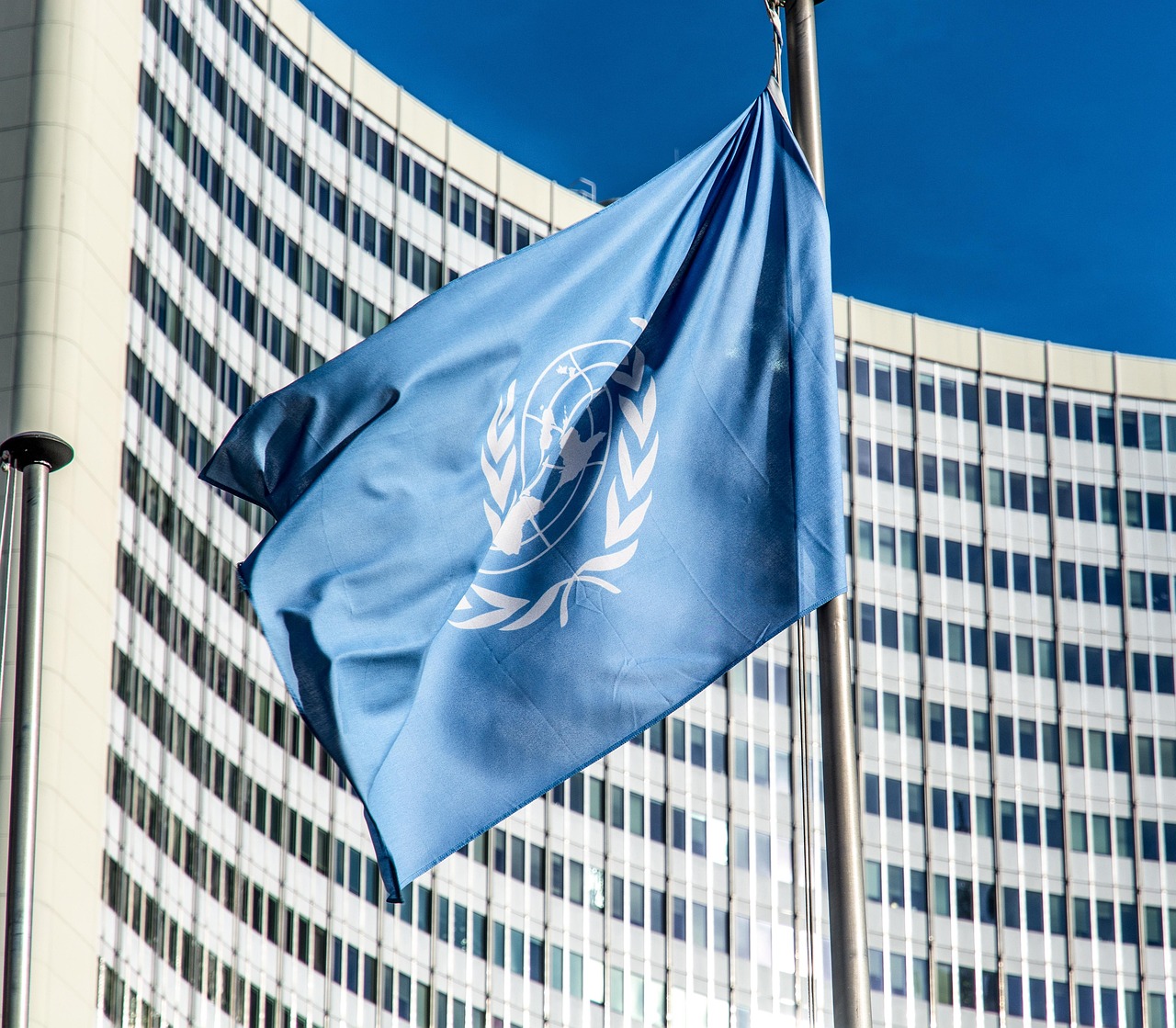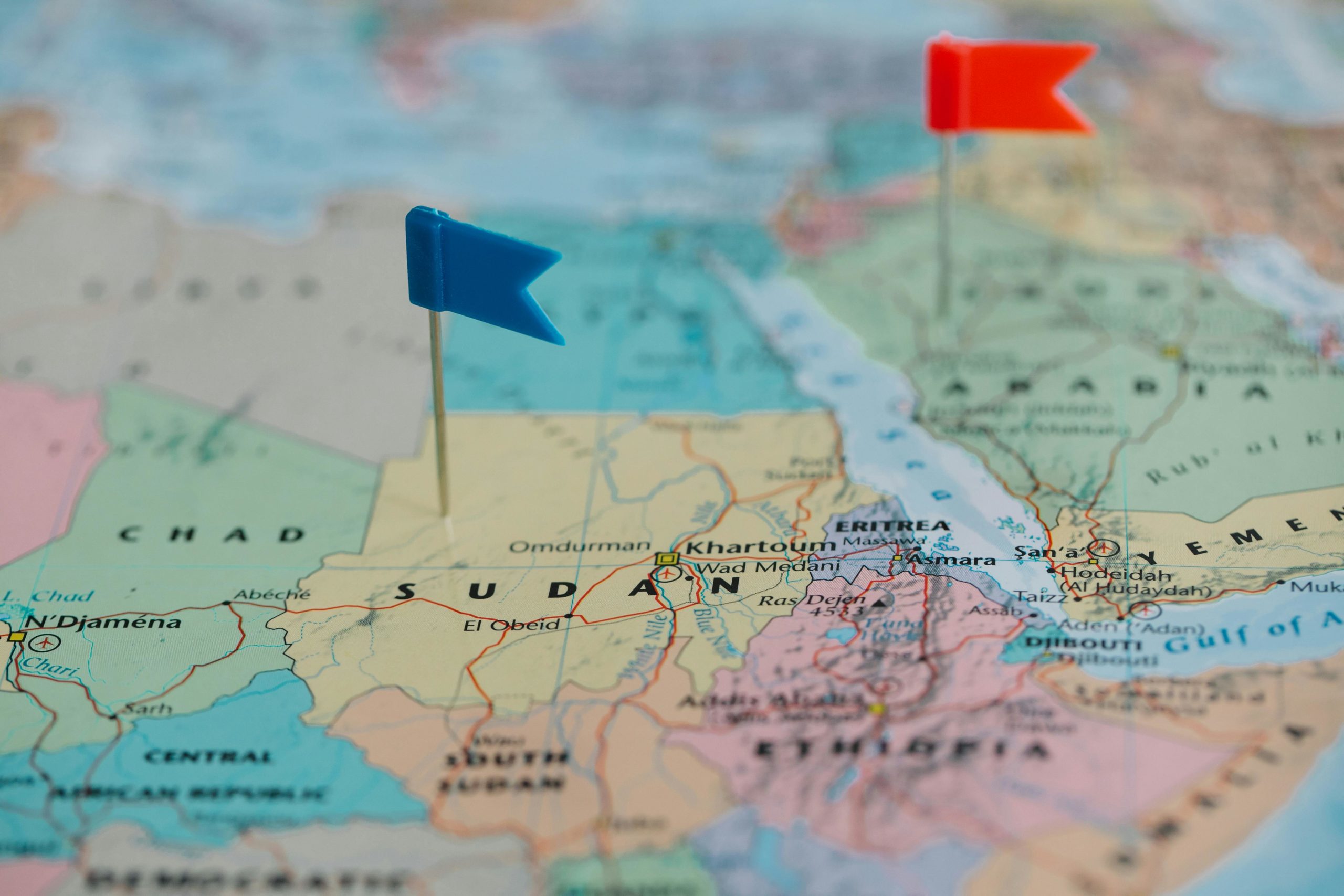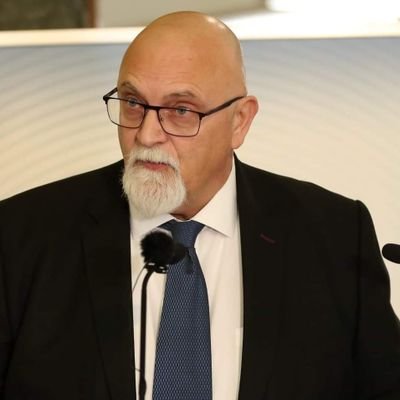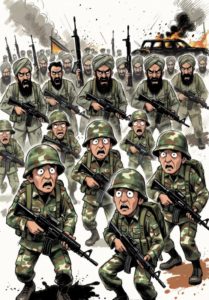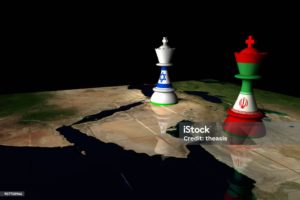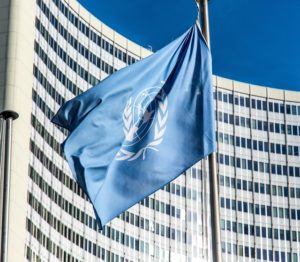More than a year and a half after the outbreak of the civil war between the country’s two main leaders, Sudan continues to descend into chaos as the world looks away. Once a symbol of democratic hope after the fall of Omar al-Bashir, the country is now facing one of the worst humanitarian disasters of the 21st century. The fighting pits the regular army, led by General Abdel Fattah al-Burhan, against the Rapid Support Forces (RSF) commanded by Mohamed Hamdan Dagalo, known as Hemedti.
Civilians are the primary victims of a conflict that nothing seems able to stop—and that the international community barely acknowledges. In Khartoum, El-Geneina, and El-Fasher, entire neighborhoods have been reduced to rubble. Indiscriminate bombings, summary executions, sexual violence, and mass displacements are counted in the hundreds of thousands. Increasing evidence suggests the possible use of chemical weapons. Hemedti’s RSF, accused of war crimes in Darfur, have become infamous for their brutality and the massacres of civilian populations. Yet Al-Burhan’s army bears its own share of responsibility—it too has bombed densely populated areas and obstructed the delivery of humanitarian aid. What began as a struggle for power has devolved into a war of siege and reprisals.
A Proxy War in an Abandoned Country
The Sudanese conflict is no longer an internal affair. It has become a battleground for regional interests, where every power seeks to exploit the chaos. Turkey has thrown its support behind General Al-Burhan, supplying drones and technical assistance in hopes of strengthening its influence along the Red Sea, while the United Arab Emirates back Hemedti’s RSF. U.S. intelligence confirmed again in October 2025 that Abu Dhabi had increased its support for the paramilitary group. This dangerous game has turned Sudanese territory into a testing ground for both military and political ambitions, deepening the country’s fragmentation.
Meanwhile, international organizations remain powerless. The UN Security Council has extended the arms embargo but has failed to sanction the states involved or enforce any monitoring mechanisms. Over ten million Sudanese have now been displaced, a quarter of the population suffers from acute malnutrition, and aid agencies are warning of an impending famine comparable in scale to that of Ethiopia in the 1980s.
Qatar Denounces the Atrocities and Calls for a Political Solution
In the face of this humanitarian catastrophe, Qatar—often a mediator in conflicts that seem impossible to resolve—has publicly condemned the atrocities, particularly those attributed to Hemedti’s RSF. Doha denounced the systematic violence against civilians, the attacks on humanitarian infrastructure, and the forced displacements. In its official statement, the Qatari Ministry of Foreign Affairs called for an immediate ceasefire, the opening of humanitarian corridors, and the resumption of political dialogue under regional mediation.
This stance contrasts sharply with the silence of most Arab and African capitals. Without claiming the role of arbiter, Qatar could help relaunch an inclusive negotiation process based on accountability from both sides. Unlike Ankara, which openly backs Al-Burhan, Doha positions itself as a potential facilitator ready to speak with all parties, while demanding an end to war crimes and the protection of civilians.
Sudan, left to the mercy of weapons and foreign agendas, no longer needs new military patrons. What it needs are voices that call for the end of massacres—and for the reconstruction of a country forgotten by all.
